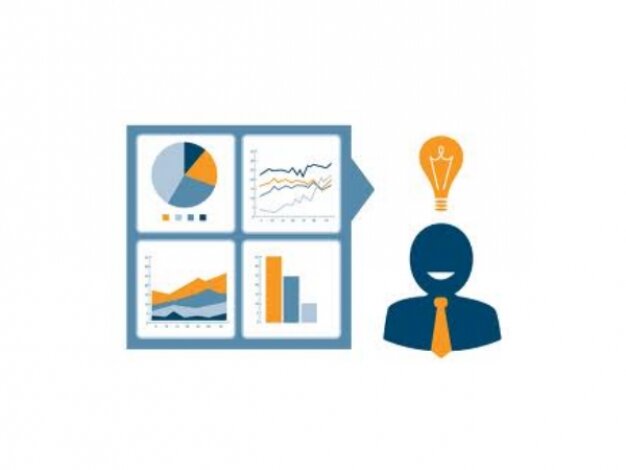Unquestioned value
Whether your focus is on collections, service, support or sales, business intelligence (BI) can deliver value for your contact centre by revealing both opportunities and waste, says , Director of . What specific value your contact centre will derive from it depends on your circumstances, but some examples are universal.
Not TEM or TMR
Although BI can be employed to cut costs, it is much more than telephone expense management (TEM) or telephony management reporting (TMR).
TEM is the practice of limiting telephony expenses, for example by procuring contract minutes with specific providers, based on call patterns revealed in the TMR system.
BI provides an extra layer of logic above TMR, or draws data directly from the company PBX. Whereas TMR is static, BI visualisations are dynamic and provide additional value by offering call centres the ability to combine data with data from other systems, structure the result into models from a financial, customer service or other organisational perspective, and slice and dice it any which way to answer strategic questions.
Call analysis
Some of the most common BI models in a contact centre are call cost and call frequency analyses for policy compliance, customer service and many more.
Cost control is possible by monitoring staff call patterns, while suppliers can also be held in check. A telco invoice can for instance be correlated with TMR reports by means of a BI query.
Enterprise-wide call monitoring, however, gives the most powerful leverage. Call volumes may be much less or much more than staff capacity at any one time, but this will not be clear or quickly quantifiable other than with the help of BI. In such cases, resources can be redeployed elsewhere so as not to miss opportunities or waste resources.
Or call analyses might reveal potential infrastructure savings. One bank found that a division used an expensive call conferencing solution for internal calls, when it might have used on-net Voice over IP calls at zero cost, saving R20 000 per month! In the world of VoIP, on-net calls (which do not break out onto any other network but the VoIP provider) are zero-rated (free).
Call frequency analyses, on the other hand, can discern patterns from specific numbers making calls or being called. Should one person phone a specific number frequently, abuse can be investigated. Should many from the same company phone one number, the company may seek to bring the number on-net.
Business process link
The abovementioned benefits apply equally to corporates and contact centres, as does linking business communication patterns to other business metrics.
For example, an incoming line, mapped to the CRM database, can instantly reveal outstanding amounts on the customer account, thus changing the initial direction of the script used by the agent.
Another example would be to correlate product shipments with billings, and to initiate any outstanding billings and schedule follow-up calls.
Manage by exception
BI further significantly increases call centre ability to manage by exception, focusing on material deviations from the norm such as non-payment and using real-time trend analysis to investigate links with variables such as non-delivery, thereby resolving the problem as part of a customer service campaign.
Curiosity cures the cat
In reality, many models and views are possible, depending on the customers businesses. Exactly what value will be delivered will only be revealed by a process of business discovery, but that is, after all, what business intelligence is about. All you need is the curiosity to conceive of models that open up new vistas of profit discovery. And that is, after all, what running a business is about.















